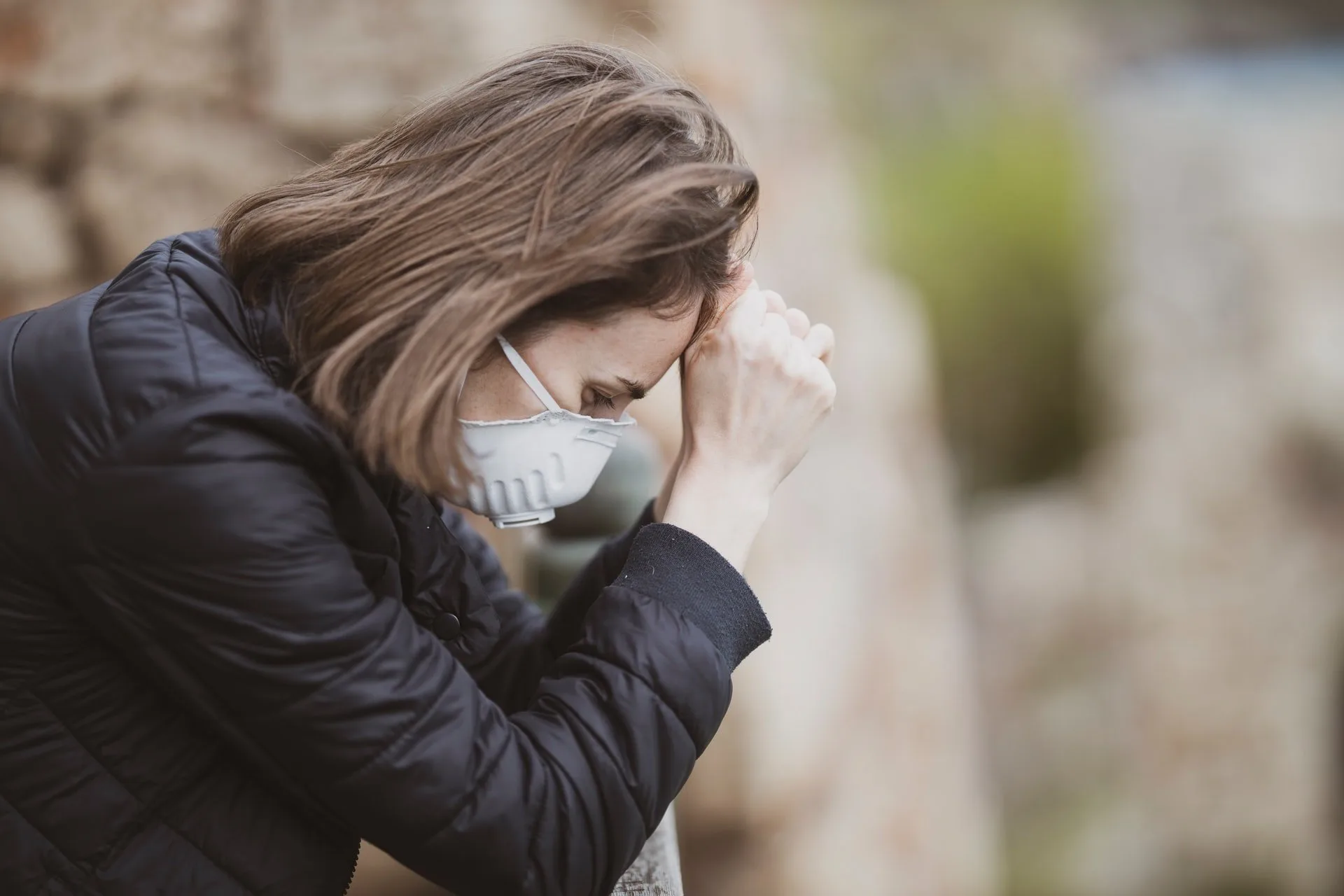As of Tuesday, 15 November, per the United Nations, planet Earth now has 8 billion human inhabitants. According to the UN, thanks to improvements in public health, nutrition, personal hygiene, and medicine, the global population grew by 1 billion in the past 12 years.
Population Growth and Health Risks of Climate Change
The UN does consider this to be a milestone in human development. However, it would be hard to ignore the green elephant in the room. Climate change is considered to be one of the biggest threats to humanity. Thus, one has to wonder how a growing population may influence the health risks already being posed by climate change.
Climate change already presents many health risks to humanity, and according to the Dean of the School of Public Health at the University of Pittsburgh Maureen Lichtveld, growing population numbers are about to worsen these health risks. After all, climate change is typically mostly felt by the most vulnerable populations, and a rising headcount is sure to deepen these disparities.
Writing for The Conversation, the epidemiologist highlighted four factors that represent the greatest climate-related public health concerns for a growing population.
1. Infectious diseases

Photo by engin akyurt on Unsplash
A growing population increases frequent contact between more people, and this then allows for diseases to transmit more easily. Additionally, in a study published in Nature Climate Change, climate change can worsen the risk of infectious disease by 58%.
According to Lichtveld, this can happen in three ways;
- Flooding – Climate change has been found to worsen the frequency and intensity of floods. This can affect water quality as well as the habitats where dangerous waterborne organisms can breed and transmit infectious diseases, such as hepatitis and cholera, to people.
- Dengue – According to Lichtveld, this is a painful mosquito-borne viral disease that sickens about 100 million people a year, and it becomes more common in warm, wet environments. A 2022 study found that climate change was one of the primary causes of the global spread of dengue fever.
- Droughts – According to the CDC, water shortages can increase the risk for infectious diseases due to the lack of hygiene maintenance. These diseases include E.coli and Salmonella. Droughts can also degrade drinking water quality and as a result, Lichtveld states that more rodent populations enter human communities in search of food, increasing the potential to spread hantavirus.
2. Extreme heat
Population growth means an increase in consumption and, according to research, this increases the levels of greenhouse gases emitted. As greenhouse gases trap heat, an increase in their emissions can heat up the atmosphere and significantly raise the Earth’s temperature.
It’s not just population growth that’s affecting the Earth’s temperature as thanks to climate change, heatwaves now occur almost three times more frequently on average and are 1.2C hotter.
Lichtveld points out that excessive heat has been found to exacerbate existing health problems, such as cardiovascular and respiratory diseases. Additionally, when heat stress becomes heat stroke, it can damage the heart, brain, and kidneys and become lethal.
“As populations grow and heat rises, more people will be relying on air conditioning powered by fossil fuels, which further contributes to climate change.”
3. Poor air quality
A growing population increases the emissions of greenhouse gases, which can pollute the air, exacerbating health problems like allergies, asthma, lung cancer, chronic obstructive pulmonary disease, and other respiratory problems.

Photo by Ella Ivanescu on Unsplash
According to a research report by Dr. Hsiao-Chi Chuang, higher temperatures associated with climate change may increase the levels of allergens and harmful air pollutants, which can then have negative impacts on human health, increasing morbidity and mortality.
4. Food and water security
A growing population means higher food demand, yet climate change is already threatening food and water security.
Citing a study from the Lancet review, Lichtveld revealed that high temperatures in 2021 were found to shorten the growing season compared with the 1981-2020 average. The report also found that heat waves in 2020 caused 98 million more people to face food insecurity compared with the 1981-2010 average.
Additionally, the UN expects 700 million people to be displaced by 2030 due to water scarcity and drought. When you combine a growing population migrating in order to find scarce resources, we may be faced with increased conflicts in the coming decades.
With an estimated 346 million Africans being affected by a food crisis, coupled with the fact that Africa’s total population would reach nearly 2.5 billion by 2050, we may be on the brink of the biggest conflict seen on the continent.
What can we do about it?
“The milestone is an occasion to celebrate diversity and advancements while considering humanity’s shared responsibility for the planet.” – António Guterres,United Nations Secretary-General, 2022
The U.N. Climate Change Conference is currently underway and in my personal opinion, not enough attention is being paid to how poorer countries are meant to deal with the climate change issues caused by the richer countries. As per the U.N. Secretary-General António Guterres’s words, we can celebrate our advances, but we need to ensure that corporations and governments are held responsible for their impact on our planet.
To guarantee this, we need to use our voices to vote, rally, and raise awareness about the dangers that so many of these businesses pose to the health of our planet. In doing so, we can ensure a healthy planet not just for us, but also for the populations ahead.
MAIN IMAGE CREDIT: Photo by Joseph Chan on Unsplash
References
Bhatia, S., Bansal, D., Patil, S., Pandya, S., Ilyas, Q. M., & Imran, S. (2022). A Retrospective Study of Climate Change Affecting Dengue: Evidences, Challenges and Future Directions. Frontiers in public health, 10, 884645. https://doi.org/10.3389/fpubh.2022.884645
Brunner, M.I., Swain, D.L., Wood, R.R. et al. An extremeness threshold determines the regional response of floods to changes in rainfall extremes. Commun Earth Environ 2, 173 (2021). https://doi.org/10.1038/s43247-021-00248-x
Romanello, M., Di Napoli, C., Drummond, P., Green, C., et al. (2022). The 2022 report of the Lancet Countdown on health and climate change: health at the mercy of fossil fuels. Lancet (London, England), 400(10363), 1619–1654. https://doi.org/10.1016/S0140-6736(22)01540-9
Mora, C., McKenzie, T., Gaw, I.M. et al. (2022). Over half of known human pathogenic diseases can be aggravated by climate change. Nat. Clim. Chang. 12, 869–875. https://doi.org/10.1038/s41558-022-01426-1






![women [longevity live]](https://longevitylive.com/wp-content/uploads/2020/01/photo-of-women-walking-down-the-street-1116984-100x100.jpg)










